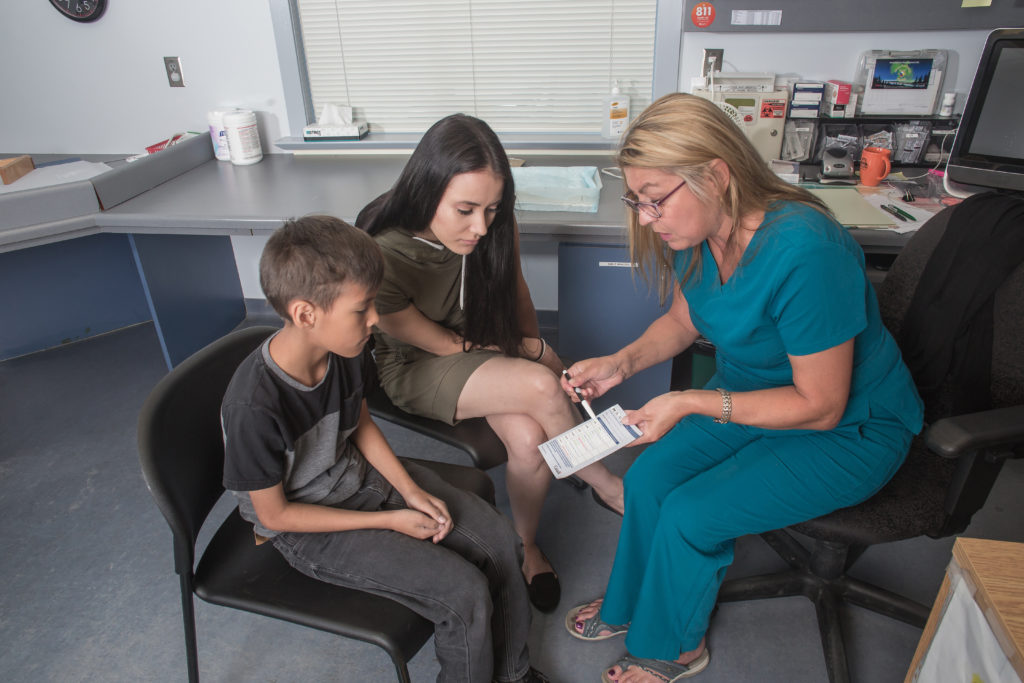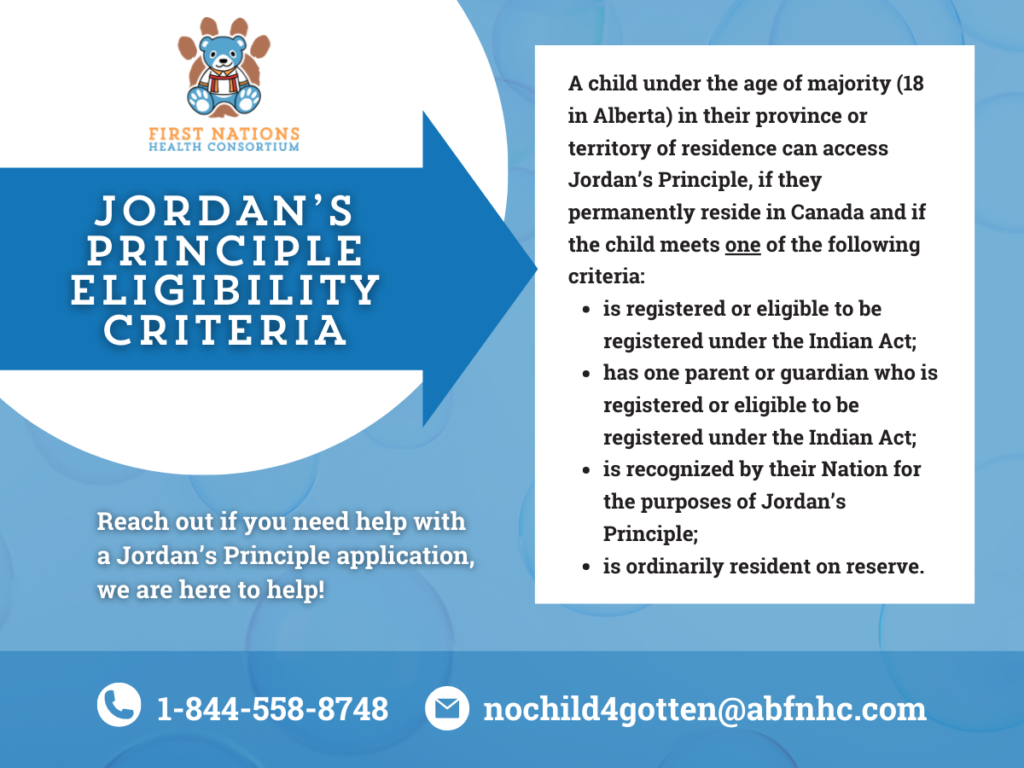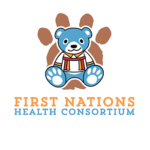How to Apply for Jordan's Principle in Alberta
The First Nations Health Consortium (FNHC) supports First Nations and Inuit children and families with Jordan’s Principle application in Alberta to ensure children and youth can access required services or supports they need, in line with the Jordan’s Principle child-first legal ruling.
Families can also apply directly through Jordan’s Principle – Indigenous Services Canada, however the application process and waiting period can take significantly more time than working with FNHC through our enhanced service coordination.
The FNHC provides an enhanced service coordination model which assists families in accessing Jordan’s Principle. We do this by:
- • Reducing the stress of navigating systems and Jordan’s Principle applications
- • Linking families to provincial and federal resources
- • Working collaboratively with other service providers
- • Advocating for the children, their families and communities
- • Providing assistance to families with the appeals process
- • Supporting community driven group applications

What is the process?
When a family member or service provider calls the First Nations Health Consortium, they will be connected to an Access Worker who will complete an intake by gathering demographic information (name, date of birth, address, email, phone, Treaty number, Alberta Health Care number). The Access Worker will discuss the child’s needs, and will obtain a consent form, to be signed by the parent or guardian.
Note: If you are calling on behalf of a family, it is important that the legal guardian is aware you are making the referral, as we require written consent from the legal guardian to proceed with the application.
Once the intake process is completed, the file will be sent to a Regional Service Coordinator (RSC), who will support the family with the Jordan’s Principle application process. At the direction of the family, the RSC will help to identify needs and gaps in services, provide available resources, and will work with the family and service providers in compiling the necessary supporting documentation in order to complete an application.
When all the information and supporting documents are gathered, the RSC completes the application and submits it to the Regional Focal Points/National Office for review and await a decision.


Who is eligible?
Jordan’s Principle responds to the unmet health, education and social needs of First Nations and Inuit children living in Canada.
Services provided under Jordan’s Principle are available to:
A child under the age of majority (18 in Alberta) in their province or territory of residence can access Jordan’s Principle, if they permanently reside in Canada and if the child meets one of the following criteria:
- • is registered or eligible to be registered under the Indian Act;
- • has one parent or guardian who is registered or eligible to be registered under the Indian Act;
- • is recognized by their Nation for the purposes of Jordan’s Principle;
- • is ordinarily resident on reserve.
On November 25, 2020, the Canadian Human Rights Tribunal (CHRT) released a ruling about Jordan’s Principle eligibility. The eligibility above replaces the CHRT interim motion ruling of February 2019.
What is covered?
The services covered by Jordan’s Principle are as diverse as the First Nations children it serves. Any government-provided service available to all other children, including service assessments, may be included in Jordan’s Principle coverage.
Examples of the services often covered by Jordan’s Principle include, but are not limited to:
Health:
- • Occupational Therapy
- • Physiotherapy
- • Speech and Language
- • Registered Massage therapy
- • Sensory Items
- • Assessments
- • Behavioral Therapist
- • Audiology
- • Mobility/Medical • Equipment
- • Podiatrist
- • Mobility aids
- • Wheelchair ramps
- •Medical supplies and equipment
- •Mental health services
- •Dental Care
Education:
- • Tutoring services
- • Education assistants
- • Psycho-educational assessments
- • Assistive technology and electronics
Social:
- • Land-based activities
- • Respite care (individual or group)
- • Services from Elders
- • Specialized programs based on cultural beliefs and practices
- • Personal support worker
